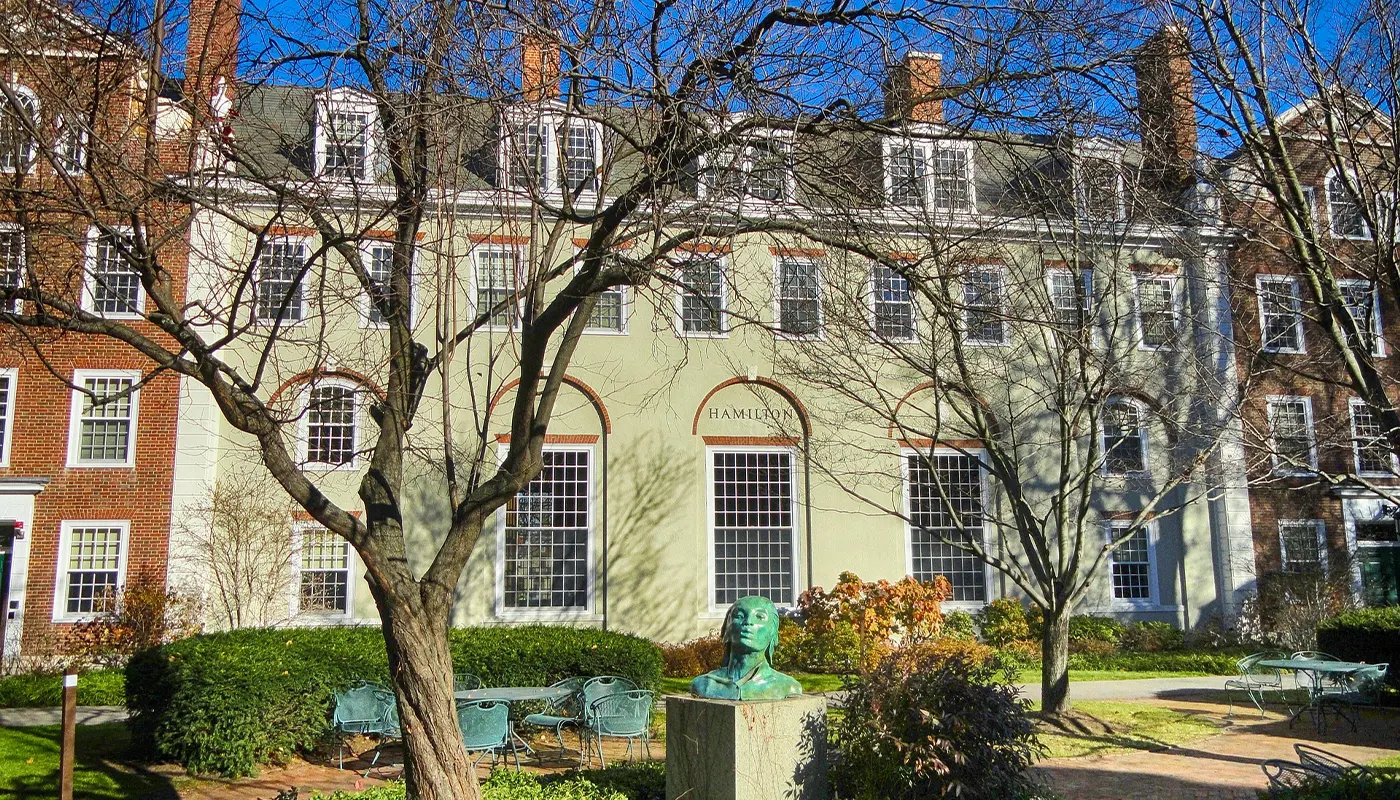WASHINGTON – Harvard University is reportedly open to spending up to $500 million in a settlement with the Trump administration to resolve a high-profile dispute over alleged civil rights violations and issues related to campus antisemitism, according to sources close to the negotiations.
Four individuals familiar with the talks said Harvard is reluctant to make a direct payment to the federal government, and discussions are ongoing over the exact terms of a financial resolution. The proposed sum is more than double the $200 million Columbia University agreed to pay last week in a similar settlement with the White House.
While President Trump has privately pushed for Harvard to pay significantly more than Columbia, university officials remain cautious about any agreement that could infringe on their academic independence. One sticking point is the administration’s desire to appoint an external monitor—an element Harvard views as a red line.
Still, Harvard is reportedly weighing the benefits of a negotiated settlement, particularly in light of a federal lawsuit it filed in April against the administration after being stripped of key federal research funding. The university’s legal team believes a deal could stave off further conflict during Trump’s term.
The administration’s push marks a strategic shift from ideological to financial terms in its dealings with elite universities. “The proposition is simple and common sense,” said White House spokesperson Harrison W. Fields, stressing the need to uphold civil liberties and curb antisemitism and DEI policies on campus.
Despite criticism, Columbia’s settlement has become a potential model for Harvard and other universities facing similar scrutiny. That deal includes language protecting academic freedom, stating it “shall not be construed as giving the United States authority” over hiring or curriculum decisions.
Harvard’s President Alan M. Garber earlier warned that no administration should dictate what private universities teach or how they operate. The university has also highlighted the financial toll of the federal actions, estimating a potential $1 billion annual impact from lost grants and increased taxes.
While a final agreement remains pending, insiders say Harvard’s willingness to engage in negotiations indicates progress, though the university is firm on preserving its institutional autonomy. Trump, meanwhile, has indicated he wants a deal that brings not just policy changes, but a financial win.




